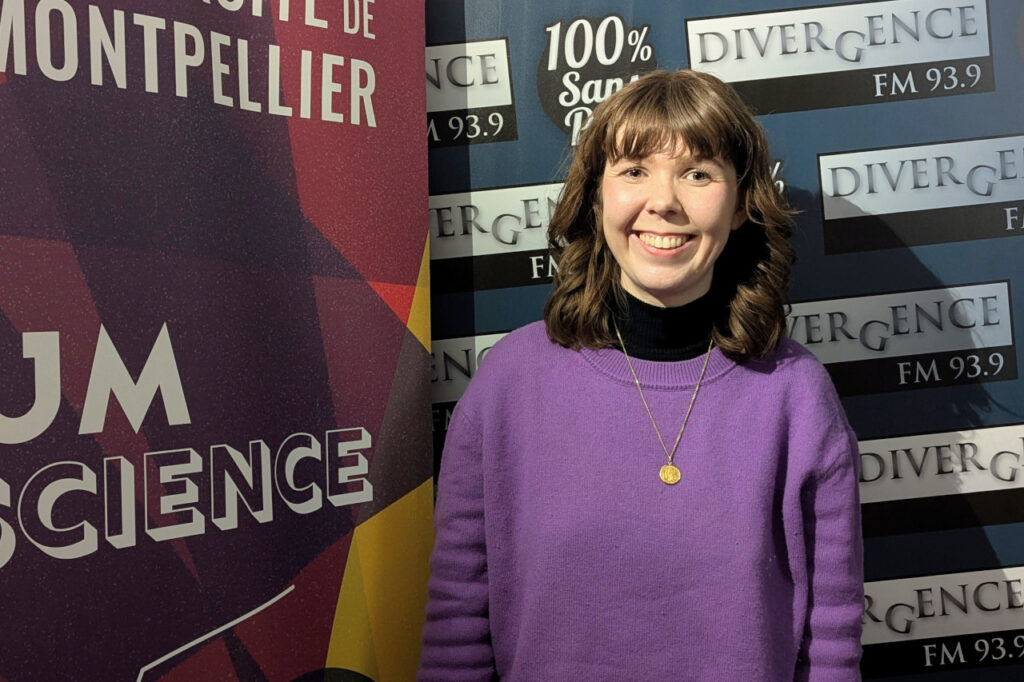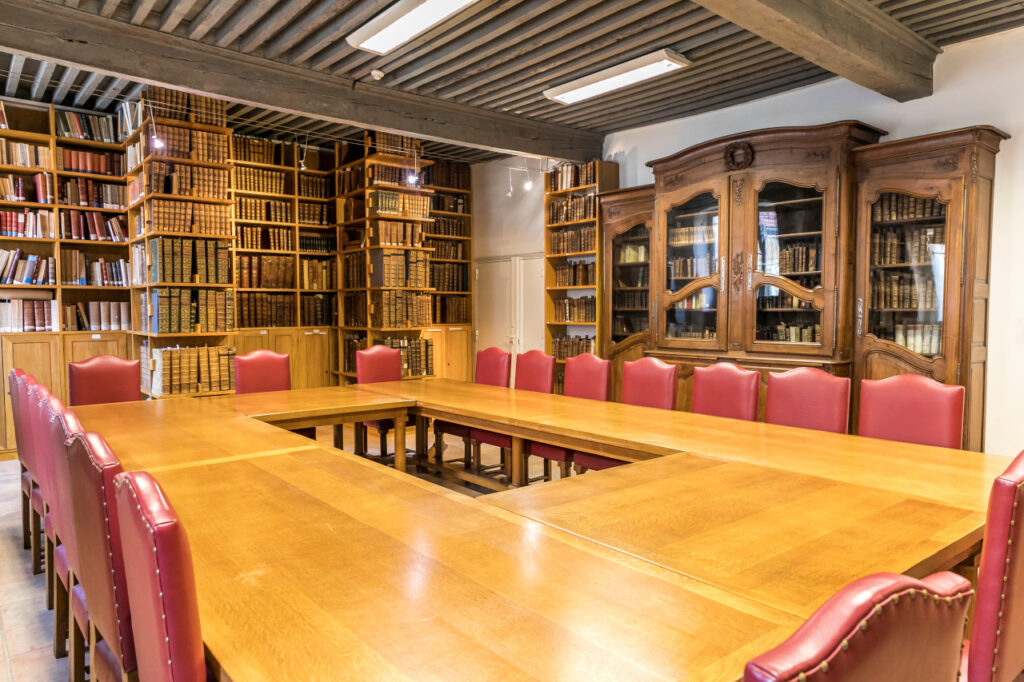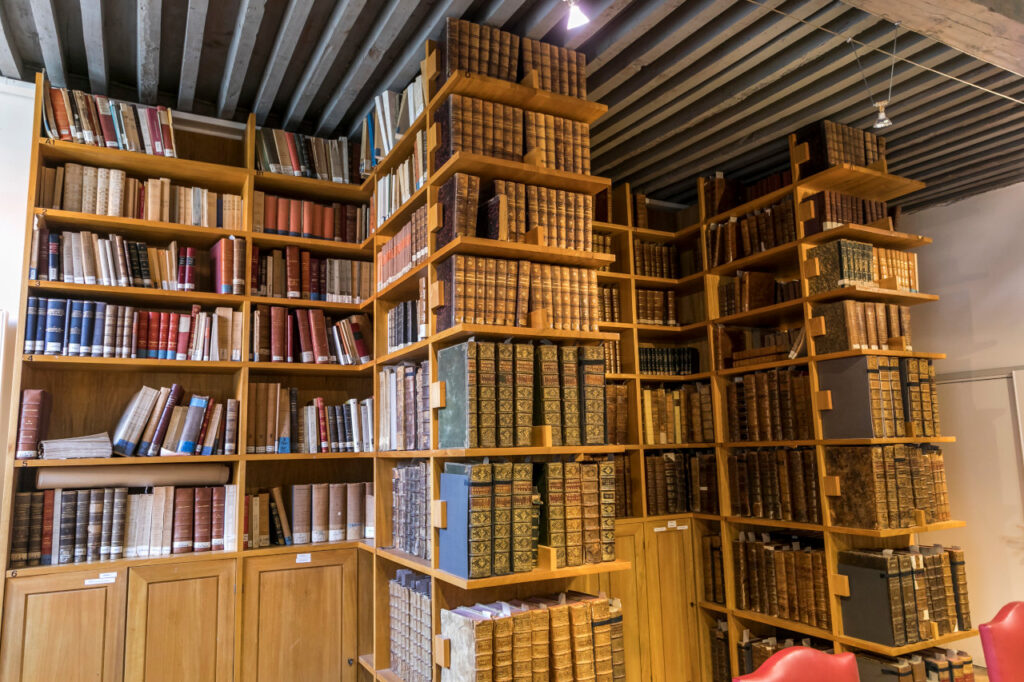Science at UM [S04-ep18]: Town halls facing natural disasters
This week on A l’UM la science, Carla Morvan, a researcher at the CEE-M , presents her study on municipal budgetary responses to natural disasters. Alexis Verhassel gives us a tour of the law history library, and Thomas Pichery provides us with the program for the next Science Bar. The program airs every Wednesday on Divergence FM 93.9.

At the end of January, 70 municipalities in Brittany, including Rennes, suffered the worst flooding the region has seen in at least 40 years. The Ille and Vilaine rivers flooded following Storm Herminia. According to the Caisse Centrale de Réassurance, between 6,000 and 8,000 homes were affected, with damage estimated at between €130 million and €160 million. A drop in the ocean, if I may say so, compared to the floods that hit the Valencia region and Catalonia in the fall of 2024. While the material damage there was colossal, estimated this time in billions of euros, it is the heavy human toll, with 240 dead and missing, that will go down in history.
And what about Mayotte, which was devastated by Cyclone Chido last December? While the human toll remains unclear (current estimates put the death toll at 39), the insured property damage has been estimated at €800 million by the public reinsurer, bearing in mind that only 6% of Mayotte residents have insurance.
Floods, storms, droughts, cyclones, landslides—wherever natural disasters strike, it takes years for areas to recover. These situations reveal the complexity of France's administrative structure. Who can you turn to when your home has been destroyed? When a road is no longer passable or your children's school has been condemned? Town hall, department, region, state... Each has its own area of responsibility, so when in doubt, citizens most often turn to the elected official closest to them: their mayor.
How do these often rural municipalities manage these natural disasters? What tools do they have at their disposal? What budgetary responses can they provide? These are some of the questions addressed by Carla Morvan, a researcher at the Montpellier Center for Environmental Economics, in her latest study published in La revue économique last December , entitled Les réponses budgétaires des municipalités aux catastrophes naturelles(Municipalities' budgetary responses to natural disasters).
In the second part of the program, we take you to the Faculty of Law and Political Science, where Alexis Verhassel showed us around the law history library.


Our guest from the last three minutes returns regularly to this set like calm after the storm. Thomas Pichery will present the next science bar, which will be held this Thursday at 8:30 p.m. at Le Dôme on the theme: In search of rare earths: geosciences in the energy transition.
At UM Science, you have the program, so let's get started!
Co-production: Divergence FM / University of Montpellier
Host: Lucie Lecherbonnier
Interview: Lucie Lecherbonnier / Aline Périault
Reporting and editing: Lucie Lecherbonnier
Production: Robin Laillou
Listen to the program “A l’UM la science” on Divergence FM 93.9
